Nvidia Latest News Updates
NVIDIA Corporation: Technology, Products, and Impact
China Counters US Chip Restrictions with Booming Homegrown Rival to Nvidia

The ongoing standoff between the United States and China over advanced semiconductor exports has escalated. As U.S. restrictions prevent Nvidia from selling its most powerful AI chips to China, Commerce officials have framed the policy in stark terms, with Secretary Howard Lutnick stating the U.S. would only permit the sale of its "fourth best" chips to the Chinese market.
In a direct response intended to demonstrate technological independence, China is aggressively nurturing its domestic chip industry. The market signaled strong confidence in this strategy with the explosive debut of Moore Threads, a company positioned as China's primary challenger to Nvidia. Its shares surged 500% on their first day of trading on the Shanghai exchange, highlighting both nationalist investor sentiment and the high stakes in the global race for AI semiconductor supremacy.
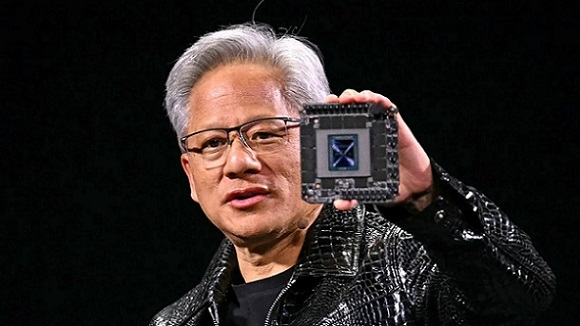
The Huang Argument: A Strategic Gambit in the AI Chip War
At the heart of the geopolitical struggle over artificial intelligence (AI) semiconductors stands Jensen Huang, CEO of Nvidia and arguably the most influential figure in the industry. His company’s dominance is staggering: Nvidia commands an estimated 92% of the market for advanced AI chips, a position reflected in its financial supremacy. With a market capitalization of $4.46 trillion, it is the world’s most valuable company. Its stock has skyrocketed 1,250% over five years, dwarfing the S&P 500’s 85% gain. This performance is fueled by explosive growth, including a 62% year-over-year revenue jump to $57 billion last quarter and a 67% rise in earnings per share.
Against this backdrop, Huang has articulated a strategic rationale, often called “the Huang Argument”, regarding U.S. export controls. He frames the U.S.-China relationship as a direct race for AI supremacy, akin to a Cold War-style technological contest. Citing experts who believe China is nearing parity, Huang warns that China’s state-backed strategy is to “throw everything it has at the problem.”
His core proposition is simple: By supplying China with high-performance AI chips, Nvidia would effectively curb China’s motivation and urgency to develop its own competitive alternatives. The current U.S. ban on sales of Nvidia’s most powerful chips to China is intended to slow its progress. Yet, as Huang implies, a complete cutoff may trigger the very outcome the ban seeks to prevent, accelerating a self-sufficient Chinese chip industry.
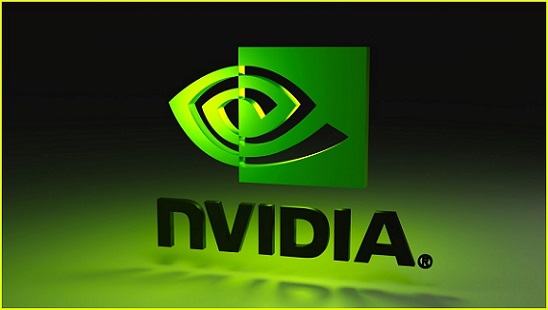
Assessing the Threat: Can China Close the Gap?
The immediate challenge for China is immense. For context, the recent IPO of Chinese chipmaker Moore Threads raised just over $1.1 billion, a fraction of Nvidia’s annual R&D budget. On its own, such a sum is insufficient to challenge Nvidia’s lead.
However, the strategic calculus changes when considering state intervention. If the Chinese government decisively backs Moore Threads and other domestic firms, combining vast funding, protected markets, and national mandate, the dynamic shifts. Coupled with the forced innovation driven by the Nvidia ban, these conditions could allow China to gradually erode the incumbent’s advantage.
Thus, the “Huang Argument” presents a dilemma for U.S. policymakers: maintain strict bans and risk fueling a rival ecosystem, or allow controlled sales to temporarily sustain dependence. The next few years will test whether Nvidia’s market hegemony is unassailable or vulnerable to a state-powered challenge.

Nvidia Strikes $2 Billion AI Chip Deal with Kazakhstan Amid $450 Billion Market Cap Slide
Nvidia has signed a $2 billion agreement to supply AI chips to Kazakhstan as the Central Asian nation launches a new Ministry of Artificial Intelligence and pursues its ambition to become a regional tech hub.
The deal comes during a turbulent period for the chipmaker, its stock has shed $450 billion in market value over just three days amid a broader tech sector selloff. Meanwhile, entrepreneur David Sacks pushed back on calls for government-backed financing for AI infrastructure, challenging OpenAI CFO Sarah Friar’s recent remarks advocating public support for chip development.
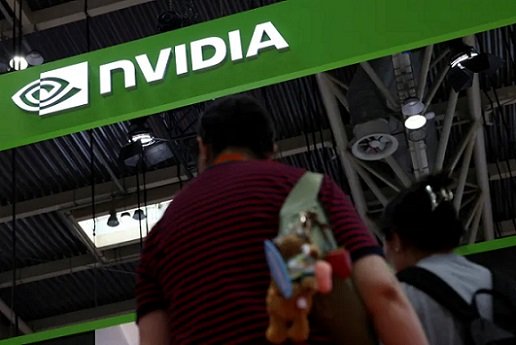
Nvidia has signed a $2 billion deal with Kazakhstan to supply high-end AI chips, marking a major step in the Central Asian nation’s push to become a regional tech powerhouse. The agreement, reported by Bloomberg, comes amid a turbulent week for Nvidia, its stock has plunged in a three-day sell-off that wiped out $450 billion in market value, marking its steepest decline since early January.
Even as Wall Street unloads Nvidia shares at a record pace, Kazakhstan is doubling down on artificial intelligence. President Kassym-Jomart Tokayev has made AI central to his vision of transforming the country into a leading digital economy in Eurasia. In a late-September speech, he announced an ambitious goal: to become a “full digital power” within three years.
To drive this transformation, Kazakhstan has replaced its former Ministry of Digital Development with a new Ministry of Artificial Intelligence and Digital Development. This isn’t just a rebrand, the revamped ministry will embed AI across core national domains, including government services, science, industry, space, cybersecurity, and public innovation, fundamentally reshaping how these sectors operate.

Kazakhstan Bets Big on AI as U.S. Chips Face Headwinds
By August 2024, Kazakhstan had already digitized 93% of its government services, supported by near-universal internet coverage at 92.9%, just shy of Germany’s level. Now, the country is taking its digital transformation a step further: it has established a dedicated Ministry of Artificial Intelligence and launched a Presidential AI Development Council to advise President Kassym-Jomart Tokayev directly.
German-American advisor Olaf Groth, a council member, emphasized that Kazakhstan’s ambition goes beyond mere digitization. “The goal is cognification, building systems that can think, analyze, and act,” he said.
Central to this strategy is a partnership with Nvidia. Kazakhstan plans to deploy Nvidia’s advanced chips to power AI infrastructure across universities, national research labs, and public services, aiming to position itself as a regional hub for AI development and innovation.
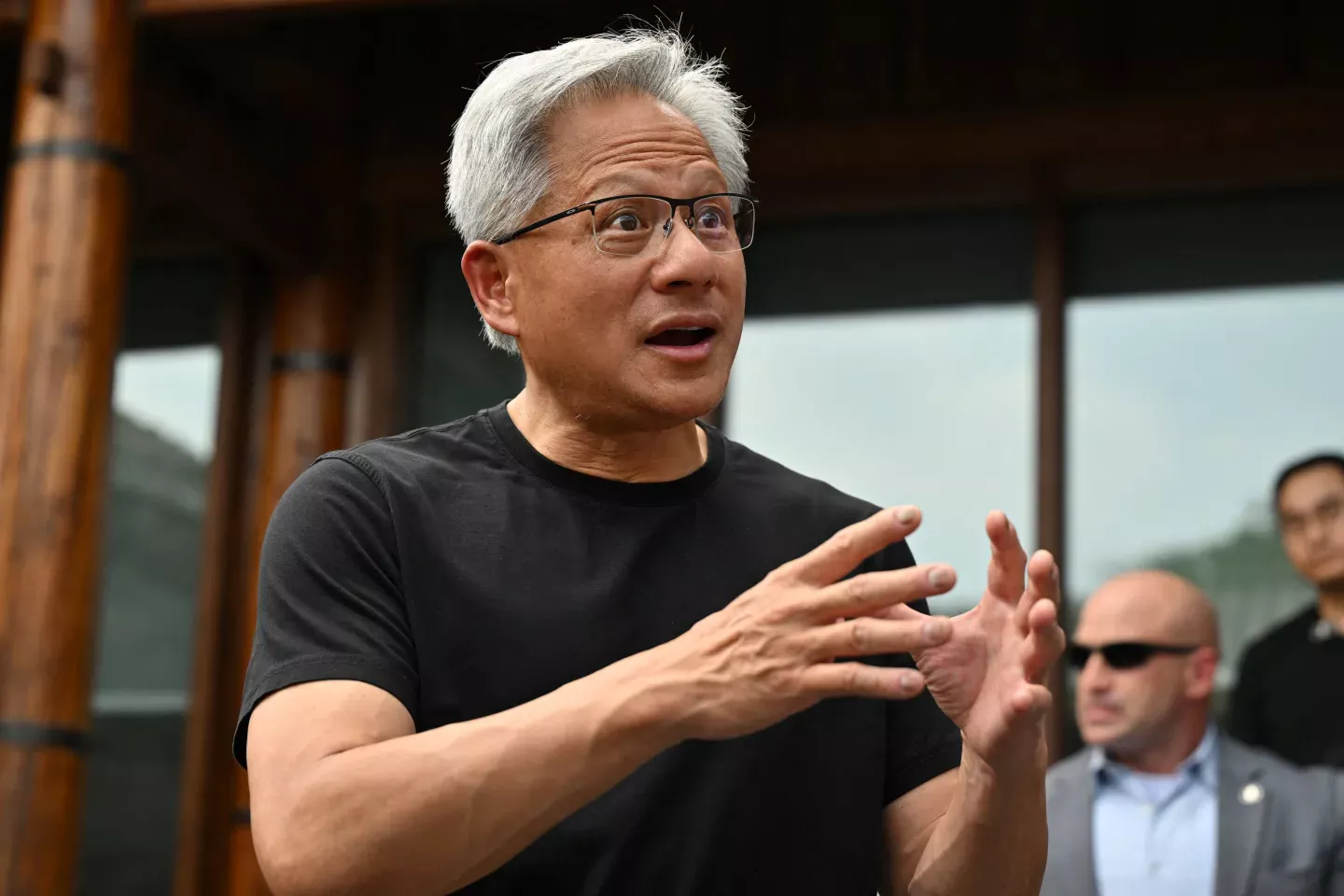
But just as Kazakhstan goes all-in, Nvidia faces turbulence in its home market. On Thursday, the company’s shares dropped 3.6%, dragging down the broader tech sector. The slide began earlier in the week following comments from David Sacks, AI and crypto policy lead in the Trump administration, who posted on X: “There will be no federal bailout for AI. The U.S. has at least five major frontier model companies. If one fails, others will take its place.” He added, somewhat dismissively, “I don’t think anyone was actually asking for a bailout. (That would be ridiculous.) But company executives can clarify their own comments.”
Sacks was reacting to remarks by OpenAI CFO Sarah Friar, who suggested during a Wall Street Journal event that a government-backed financing guarantee for AI chip infrastructure could be beneficial. The comment sparked swift backlash. OpenAI CEO Sam Altman quickly clarified that the company was not seeking government support or protection from failure.
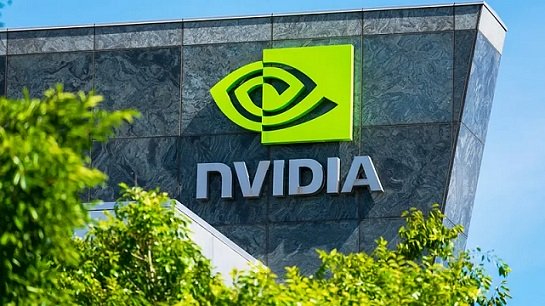
AI Sector Shaken by Valuation Concerns and Geopolitical Tensions
The chip sector has been under mounting pressure since Qualcomm, despite reporting strong earnings, triggered investor anxiety midweek over potential AI overvaluation. Analysts now warn that leading AI enablers like Nvidia, AMD, Oracle, Broadcom, CoreWeave, and even Amazon are becoming dangerously interlinked, with overlapping supply chains and partnerships creating systemic fragility.
Compounding Nvidia’s challenges, CEO Jensen Huang recently told the Financial Times that “China will win” the AI race, a remark that sent shockwaves through U.S. policy and investment circles. Huang later walked back the phrasing on X, clarifying that China is “only nanoseconds behind” the U.S., but stressed a critical point: “It’s vital that America wins by racing ahead and winning developers worldwide.”
As global AI ambitions collide with market volatility and geopolitical competition, Kazakhstan’s bold national bet stands in stark contrast to the caution, and chaos, gripping the U.S. tech sector.
Tweet

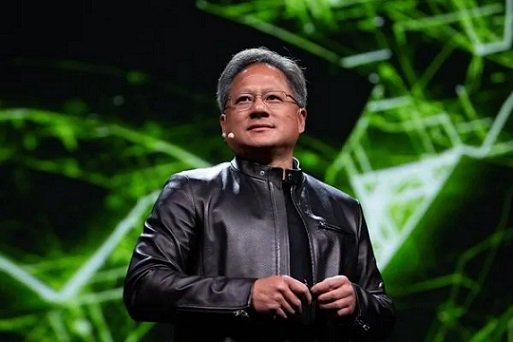






New! Comments
Have your say about what you just read! Leave a comment in the box below.